News
+ more news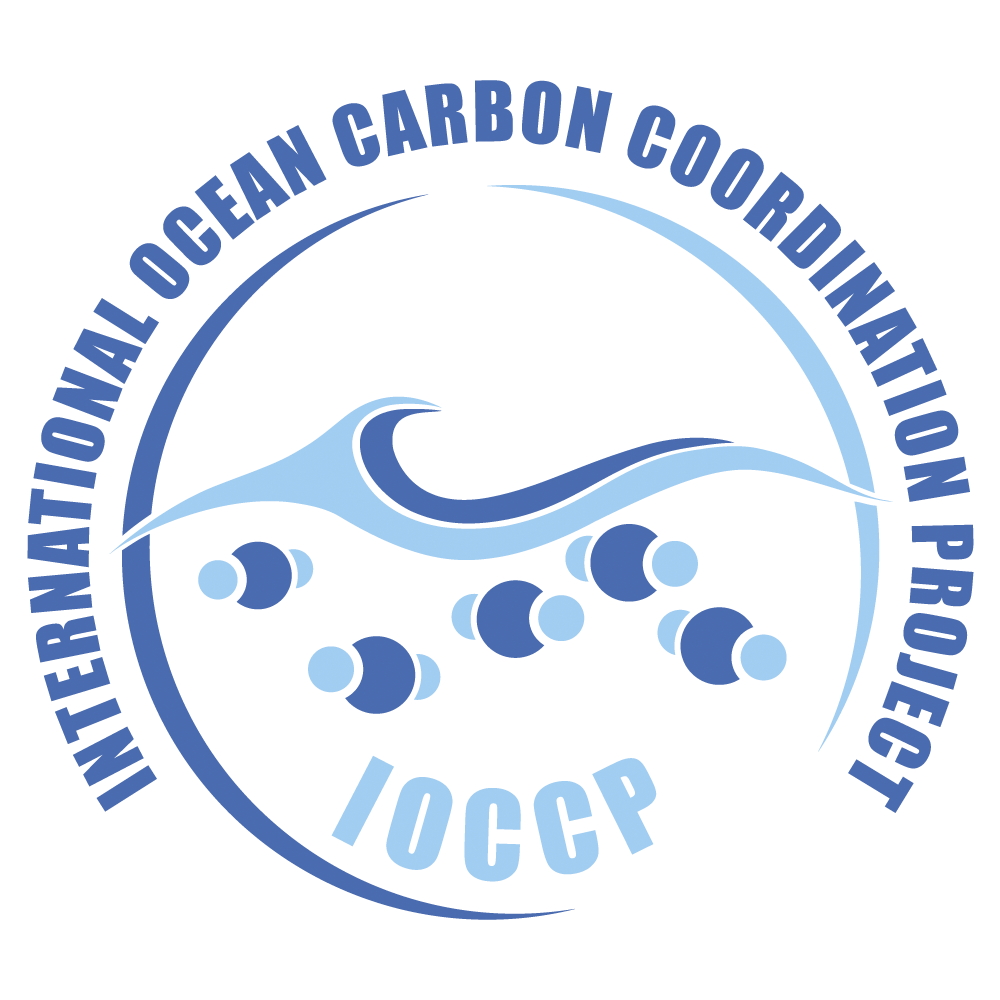
New IOCCP-relevant peer-reviewed papers on our website
Monday, 07 September 2020
If you're looking for some recent IOCCP-related peer-reviewed publications, remember that you can periodically check our website. Under our Documents page you will now find a few interesting reads published in the recent months, dealing with revised estimates of ocean-atmosphere CO2 flux, estimates of anthropogenic carbon in the Arctic, biogeochemical measurements with autonomous platforms, updates to global synthesis products, and more.
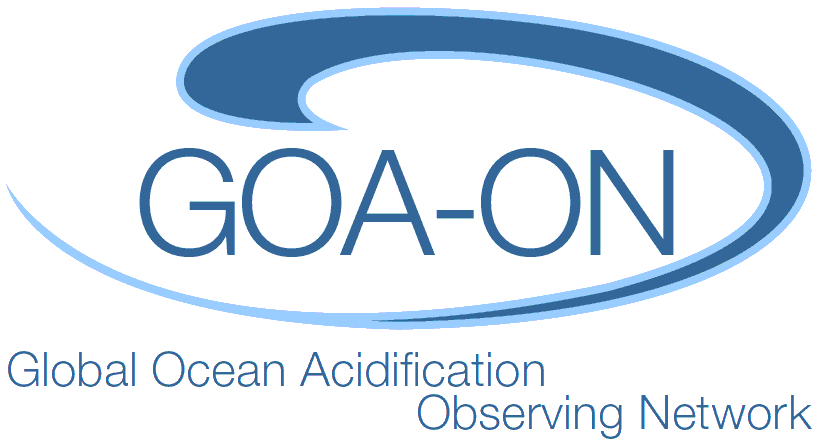
Ocean Acidification related webinars - today and next week
Wednesday, 02 September 2020
We would like to let you know about a number of ocean acidification related webinars taking place in the coming days. Already today, on Wednesday Sep 2nd at 8:00 PM CEST, there will be a webinar on "Consistent ocean acidification messaging: the key to consistent understanding" run by US NOAA Ocean Acidification Programme. The webinar will help you learn about an effort to use consistent, visually-driven messaging to build understanding around the ocean acidification topic. You can register for the webinar here: https://register.gotowebinar.com/register/980534983192728847
Next week on 8-10 September, the Global Ocean Acidification Observing Network (GOA-ON) will hold its Ocean Acidification Week - a virtual multi-day forum to highlight different aspects of ocean acidification research and initiatives. The OA Week will feature 10 sessions of around 90 minutes each. Eight of the sessions will be hosted by the GOA-ON regional hubs and will feature the latest OA research from around the globe. One session will feature overviews of some of the organizations that collaborate with GOA-ON, including GOOS, MBON, The Ocean Foundation, and The International Alliance to Combat OA. The final session, the Capstone Presentation, will reflect on the progress GOA-ON has made over the years, including some of the work discussed during earlier sessions of OA Week. You can find the detailed program, speakers and information on how to pre-register here: http://www.goa-on.org/webinars/OaWeek2020/webinar.php

US Ocean Carbon & Biogeochemistry (OCB) 2021 Activity Solicitation
Tuesday, 18 August 2020
We would like to let you know that the US Ocean Carbon and Biogeochemistry (OCB) Program is soliciting proposals for OCB activities that will take place or begin during the 2021 calendar year. Due to the COVID-19 pandemic, activities that can be conducted remotely (at least for the first half of 2021) are encouraged. Any proposed in-person activities should include contingency plans in case delays or cancellations are necessary. Please consult the OCB proposal guidelines prior to submitting your proposal. Proposals for the following OCB-relevant workshops and activities are solicited:
- Scoping workshops (~50-70 people) that bring together an appropriate body of expertise to foster discussions and build momentum within a specific OCB research area (previous OCB scoping workshops)
- Working groups (~8-12 members) to address targeted science goals/questions and develop products that benefit and engage the broader OCB community
- Synthesis activities to bring together existing data sets, model outputs, etc. to support and inform future research efforts
- Intercomparison activities to assess and build consensus on best practices (methodological, modeling, data analysis, etc.) for advancing OCB-relevant research
- Training activities (~30-50 participants plus instructors as needed) to build capacity in different areas of OCB research
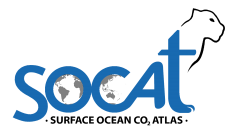
Updated surface ocean CO2 products available online
Tuesday, 11 August 2020
We would like to let you know about two surface ocean CO2 products which have recently been updated and are available online.
An updated Jena CarboScope ocean CO2 flux product can be accessed from the website at https://www.bgc-jena.mpg.de/CarboScope/?ID=oc. CarboScope provides the temporally and spatially resolved estimates of the global sea-air CO2 flux based on the SOCAT data set of pCO2 observations, as presented in Rödenbeck et al., 2013. The product comprises seasonal, interannual, and day-to-day variations. This year's update involves the use of SOCATv2020 data and the additional year 2019, with further changes described in detail below.
The latest update of the mapped surface ocean pCO2 product (SOM-FFN) can be accessed from the NCEI OCADS website at https://www.nodc.noaa.gov/ocads/oceans/SPCO2_1982_present_ETH_SOM_FFN.html. The latest update of the product consists of monthly maps from January 1982 through December 2019 using the latest release of the SOCAT data set (SOCATv2020, Bakker et al 2016, Sabine et al 2013). In addition to previous versions of this product, air-sea fluxes are now calculated using the ERA 5 reanalysis winds (Copernicus Climate Change Service, 2017). The product will now further be updated annually.

Global Methane Budget 2020 published
Monday, 03 August 2020
We are pleased to inform you that the Global Carbon Project (GCP) has published an updated and expanded Global Methane Budget. For the decade of 2008-2017, global emissions of methane are 576 (550-594) Tg CH4 per year as estimated from atmospheric inversions (top-down approach). The global CH4 sink is 556 Tg (501-574) CH4 per year. The source–sink mismatch reflects, and is consistent with, the observed average imbalance in the atmosphere of 13 Tg (0-49) CH4 per year (the CH4 growth rate). The sum of all sources as estimated from inventories and modeling (bottom-up approaches) is 737 (594-880) Tg CH4, significantly higher than estimated from the top-down approach and reflecting the compounded uncertainties of the multiple CH4 sources.
The effort was supported by 91 contributors and 69 research organizations. Please find papers, data and additional resources at: https://www.globalcarbonproject.org/methanebudget

GLODAPv2.2020 product released!
Monday, 29 June 2020
On behalf of the GLODAP Reference Group, and hundreds of seagoing oceanographers that tirelessly have collected data all over the ocean, we are happy to announce the publication of GLODAPv2.2020.
The Global Ocean Data Analysis Project (GLODAP) data product provides access to quality controlled surface to bottom ocean biogeochemical data, with an emphasis on seawater inorganic carbon. GLODAPv2.2020 is an update of the previous version, with 106 additional cruises, extension of time coverage until 2019, and the inclusion of available discrete fCO2 values in the merged product files. GLODAPv2.2020 includes measurements from more than 1.2 million water samples from the global ocean collected on 946 cruises. The data for the 12 core variables have undergone extensive quality control, especially systematic evaluation of bias. The data are available in two formats: (i) as submitted by the data originator but updated to WOCE exchange format and (ii) as a merged data product with adjustments applied to minimize bias. The original data, their documentation and doi codes are available at the Ocean Carbon Data System (OCADS) of NOAA NCEI. This site also provides access to the merged data product, which is provided as a single global file and as four regional ones. For a more detailed summary of the product see the attached poster.
The continuous work to regularly update and refine GLODAP is a priority for IOCCP, and we are happy to support this effort.

Surface Ocean CO2 Atlas (SOCAT) version 2020 is now available!
Thursday, 18 June 2020
On behalf more than 100 contributing scientists worldwide, we proudly announce the release of 2020 version of the Surface Ocean CO2 Atlas (SOCAT, www.socat.info) which is a synthesis activity with annual public releases prepared by international marine carbon scientists. SOCAT version 2020 contains 28.2 million in situ surface ocean fCO2 (fugacity of CO2) measurements for the global ocean and coastal seas with an accuracy < 5 μatm, while a further 2.3 million fCO2 values with an accuracy of 5 to 10 μatm are made available separately. SOCAT documents the increase in surface ocean CO2 (carbon dioxide), a critical measure as the oceans are taking up one quarter of the global CO2 emissions from human activity.
The SOCAT community-led synthesis product is a key step in the value chain based on in situ inorganic carbon measurements of the oceans, which provides policy makers with essential information on ocean CO2 uptake in climate negotiations. The global need for accurate knowledge of ocean CO2 uptake and its variation makes sustained funding for in situ surface ocean CO2 observations imperative. The annual SOCAT release is a Voluntary Commitment for SDG 14.3 (#OceanAction20464) and contributes to the UN Decade of Ocean Science for Sustainable Development. The poster handout has further details on 2020 version key features, findings and other information, including timeline for preparing the 2021 version.

Call for Applications for an Early-Career Scientist to Join the SCOR Executive Committee
Monday, 01 June 2020
We would like to let you know that the call for applications for an Early-Career Scientist (ECS) to join the SCOR Executive Committee is open. The ECS in the SCOR EC will help reaching out to the broader early-career community and get it involved into SCOR activities. Term of appointment is for 2 years. More information about the position and application instructions can be found here.
Deadline for submission of applications: 17 July 2020. Please email the completed application form and requested documents to the SCOR Secretariat (This email address is being protected from spambots. You need JavaScript enabled to view it.).
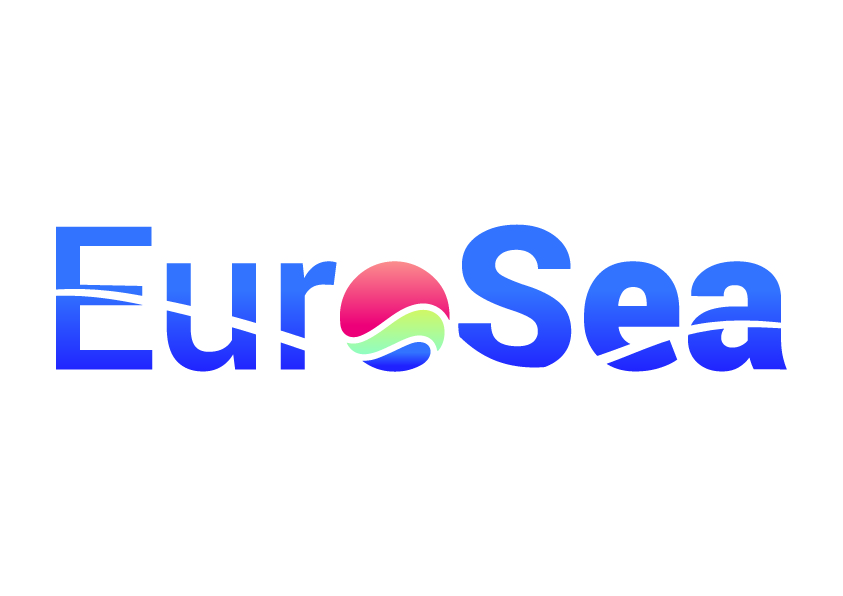
EU H2020 EuroSea project strengthens coordination of marine biogeochemistry observations
Monday, 18 May 2020
“Improving and Integrating European Ocean Observing and Forecasting Systems for Sustainable Use of the Oceans (EuroSea)” is a European Union Horizon 2020 Innovation Action running from November 2019 to December 2023. Through its ambitious vision and objectives EuroSea will, among other things, strengthen European and global coordination of marine biogeochemistry observations.
EuroSea generously supports the IOCCP Project Officer position for the time frame 2020-2022, and enables a number of key activities which help fulfil IOCCP Terms of Reference as well as implement relevant recommendations from OceanObs’19 Conference and Community White Papers. The activities are related to: (i) increasing the readiness level of delayed mode biogeochemical data products, (ii) enhancing ocean carbon flux observations (and estimates of their economical value), and (ii) supporting global coordination of marine debris observations.

2020 Call for review of SCOR Working Group Proposals
Thursday, 14 May 2020
We would like to let you know that the SCOR Executive Committee invites SCOR National Committees, individuals and interested organisations to assist in the review of SCOR working group proposals. Ten working group proposals were submitted to the SCOR Secretariat in response to the 2020 Call. These are available on the SCOR Web site. Instructions to review the proposals can be found here.
Please send your comments on these proposals to SCOR Executive Director, Patricia Miloslavich, by This email address is being protected from spambots. You need JavaScript enabled to view it. if possible, before 31st August 2020, and do not hesitate to contact with any questions about the review process.
The IOCCP promotes the development of a global network of ocean carbon observations for research through technical coordination and communication services, international agreements on standards and methods, and advocacy and links to the global observing systems. The IOCCP is co-sponsored by the Scientific Committee on Oceanic Research and the Intergovernmental Oceanographic Commission of UNESCO. Read more…
Calendar
|
|
IOCCP meetings, IOCCP-related meetings as well as events related to a wider scope in marine biogeochemistry. |



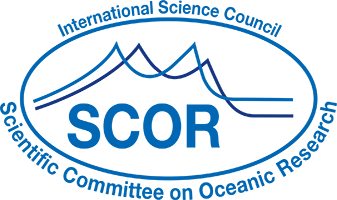

 Please wait...
Please wait...